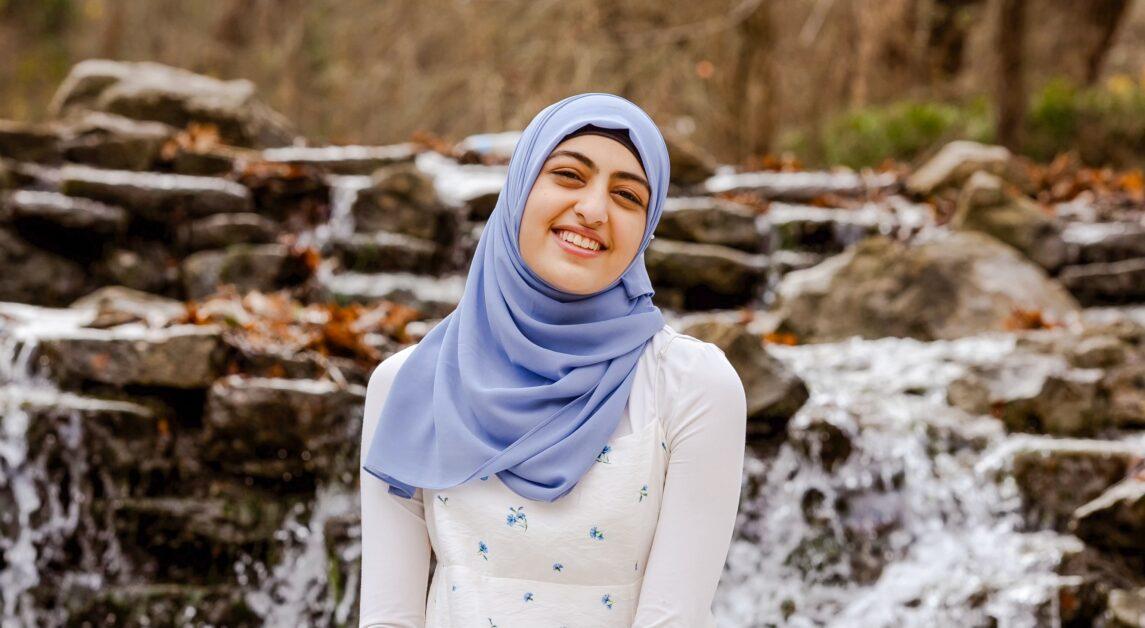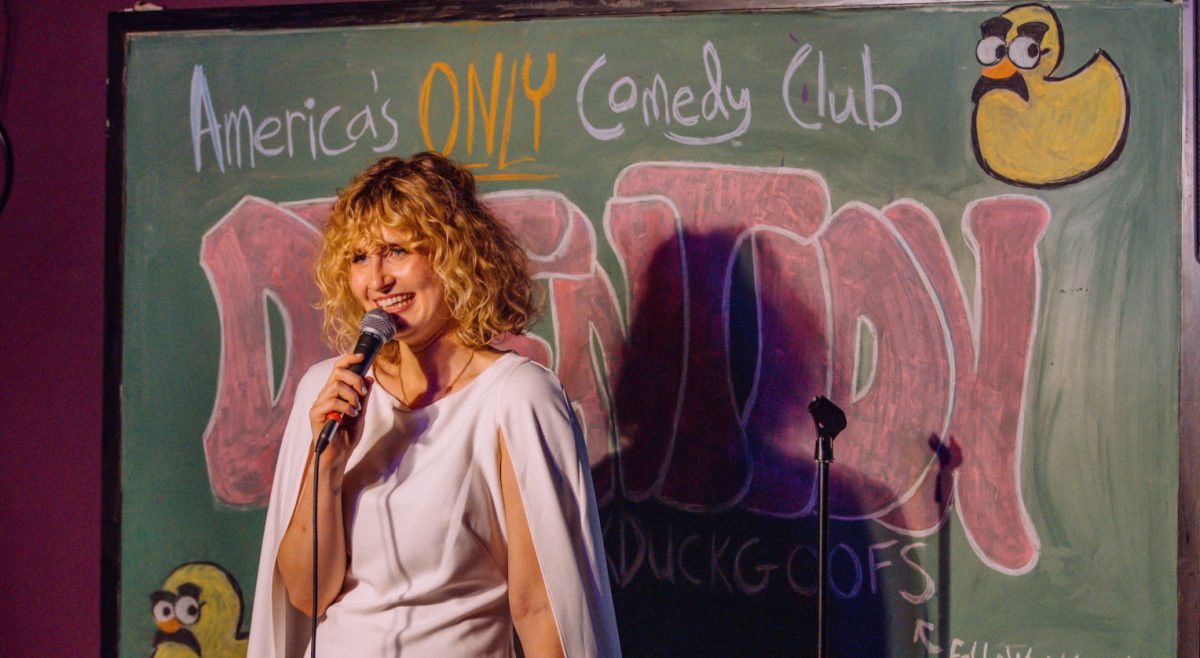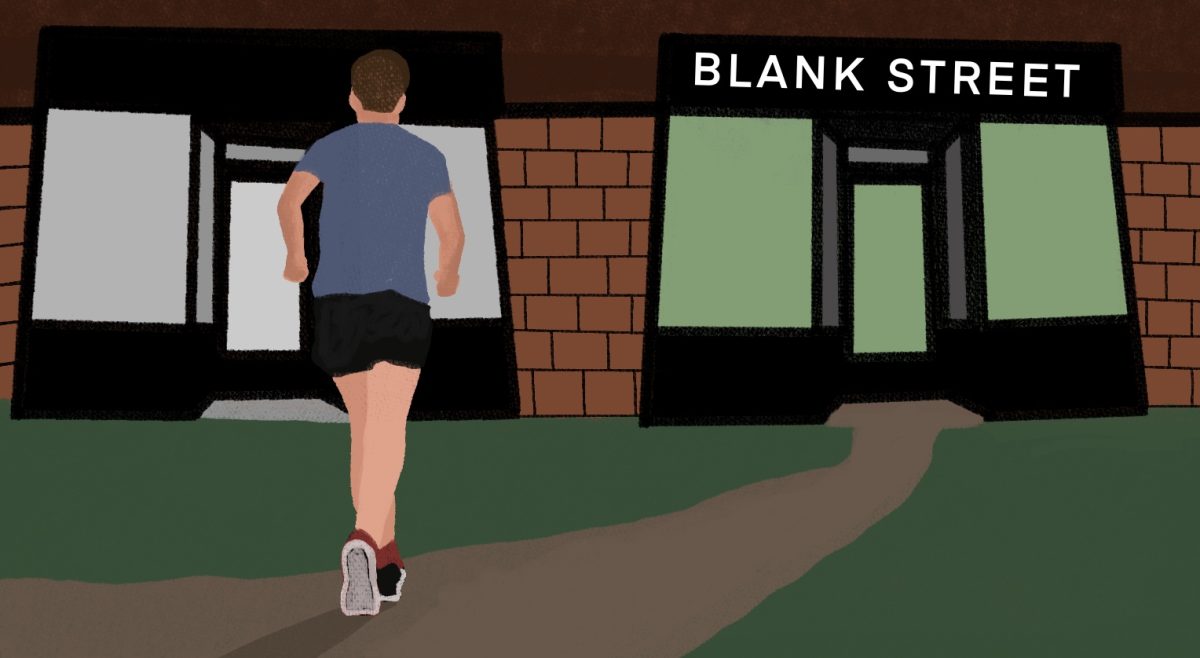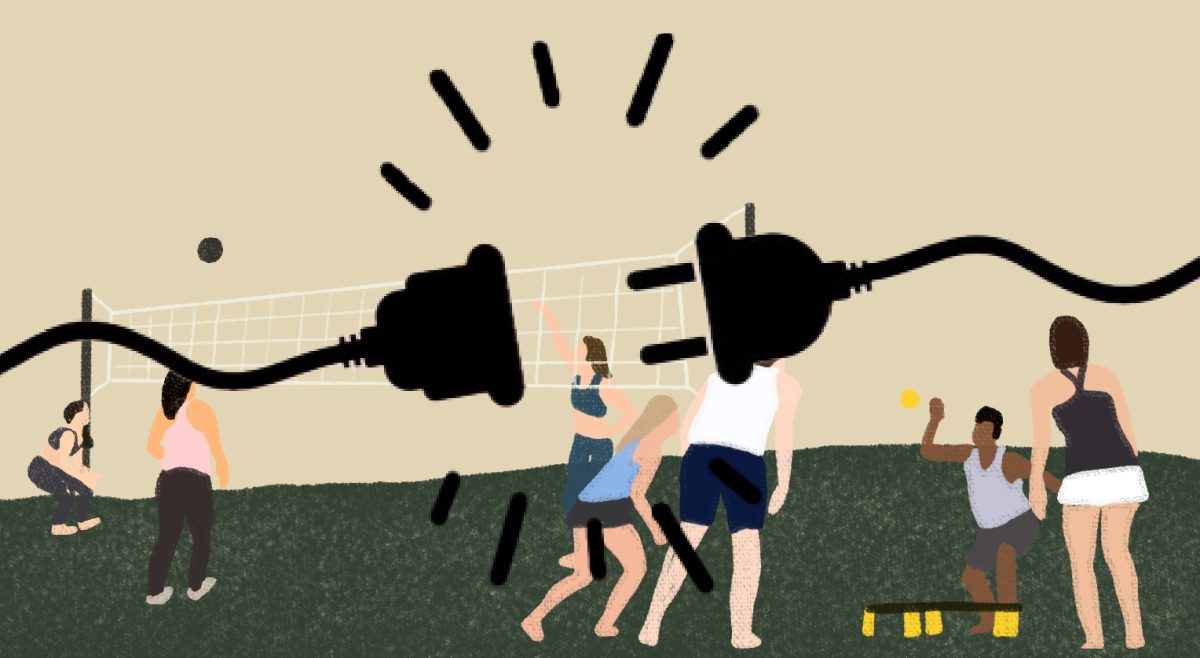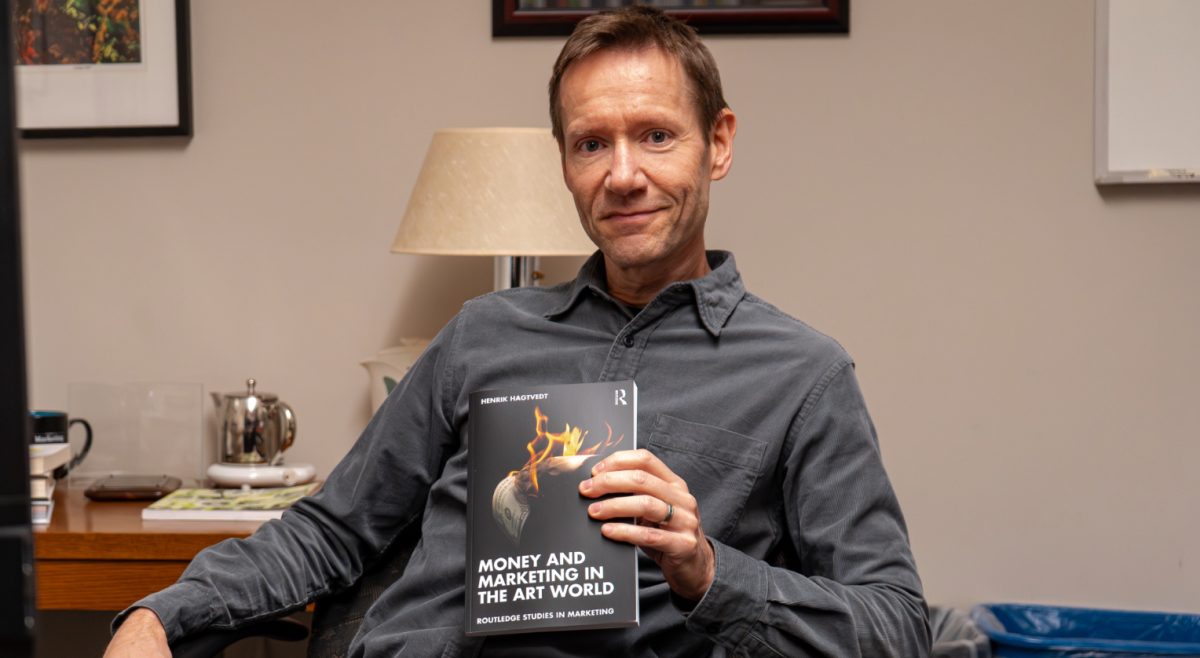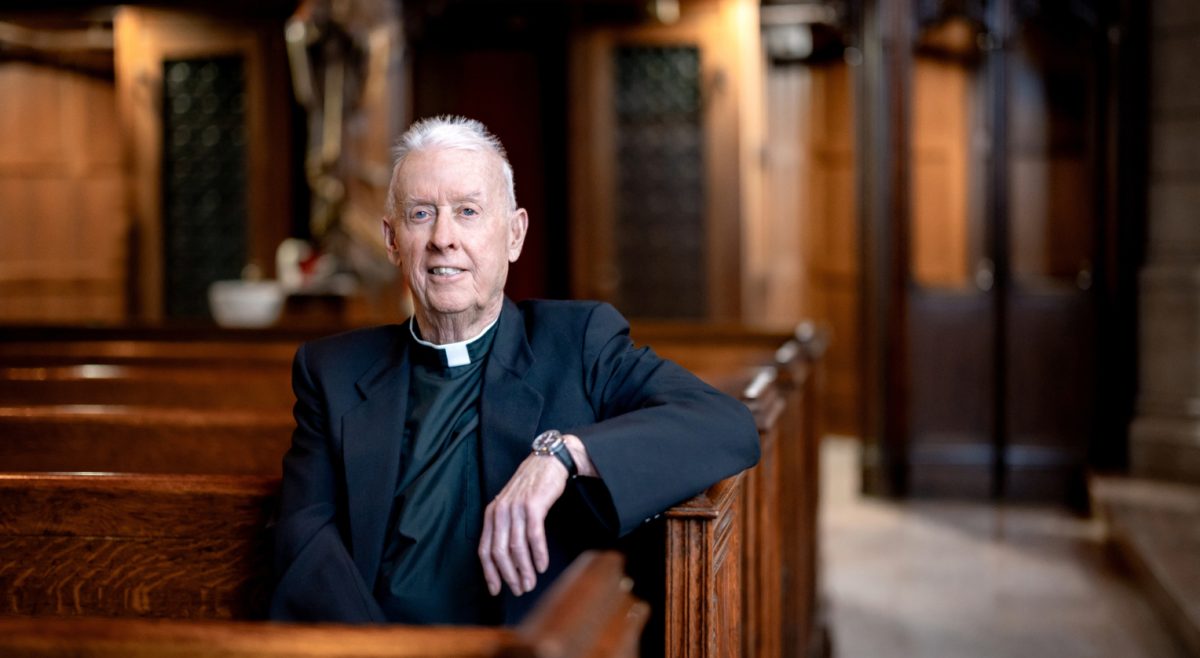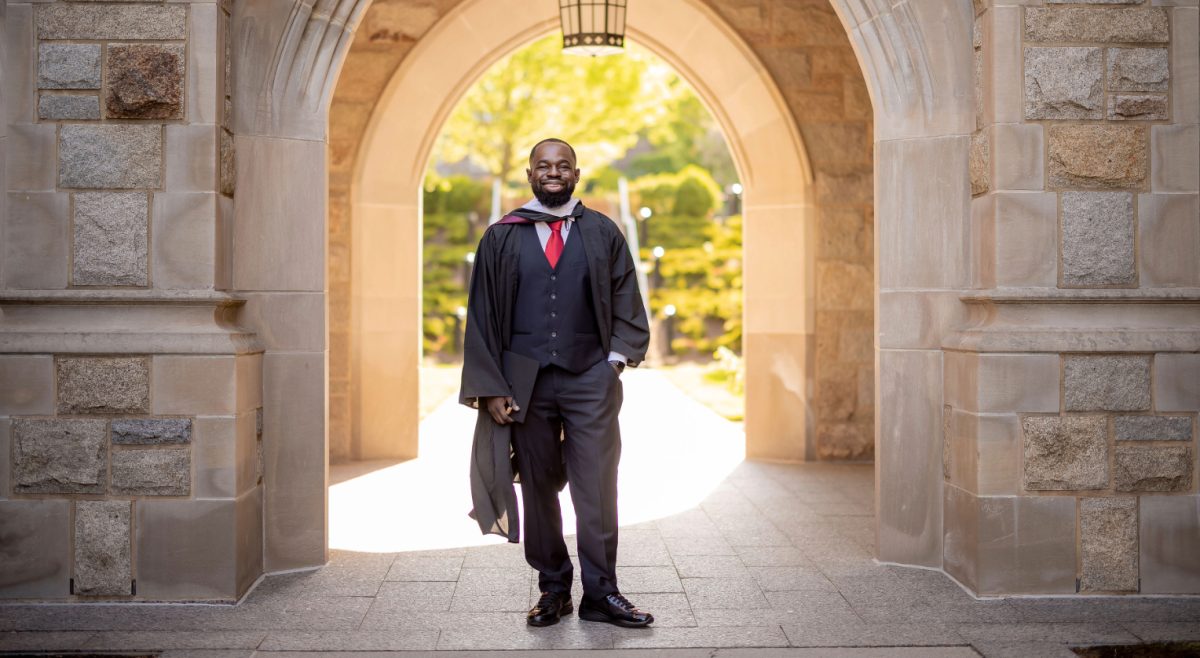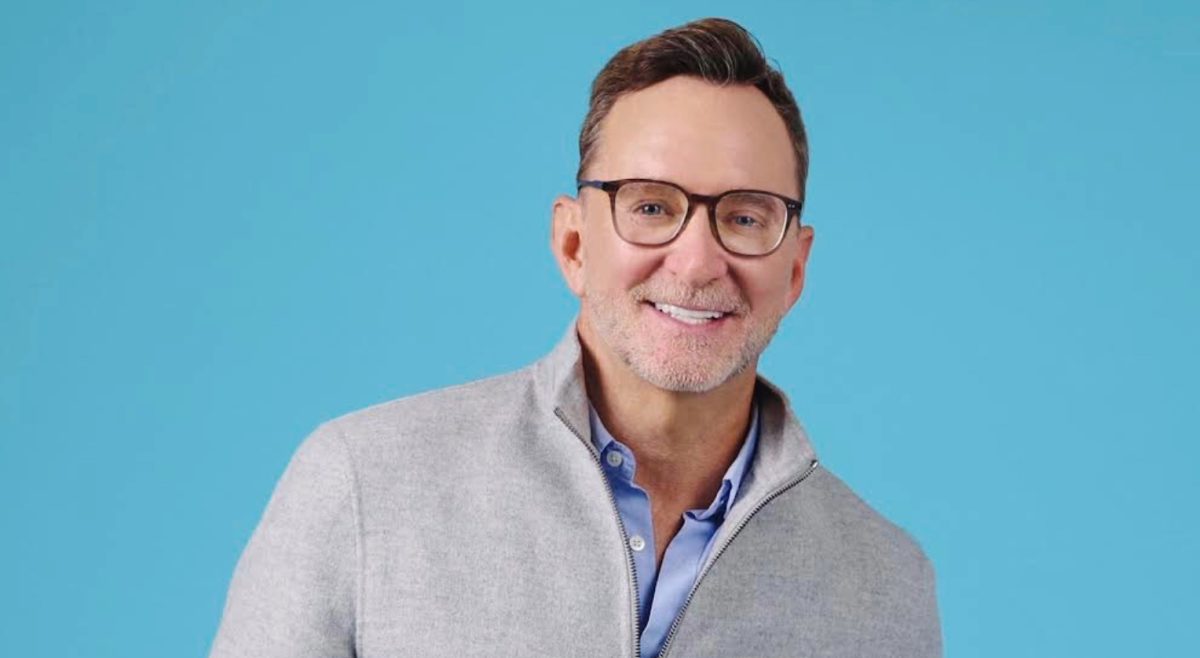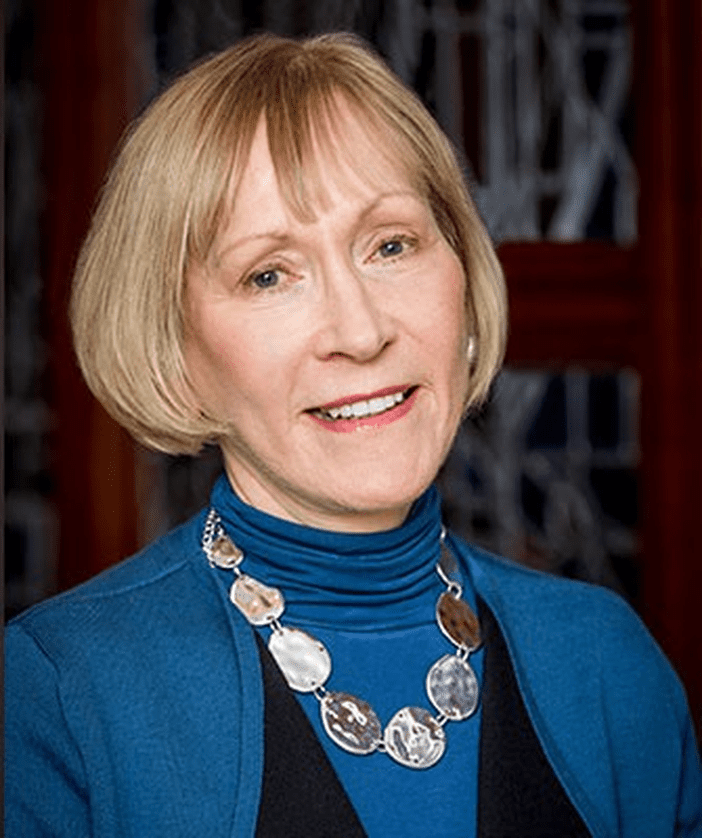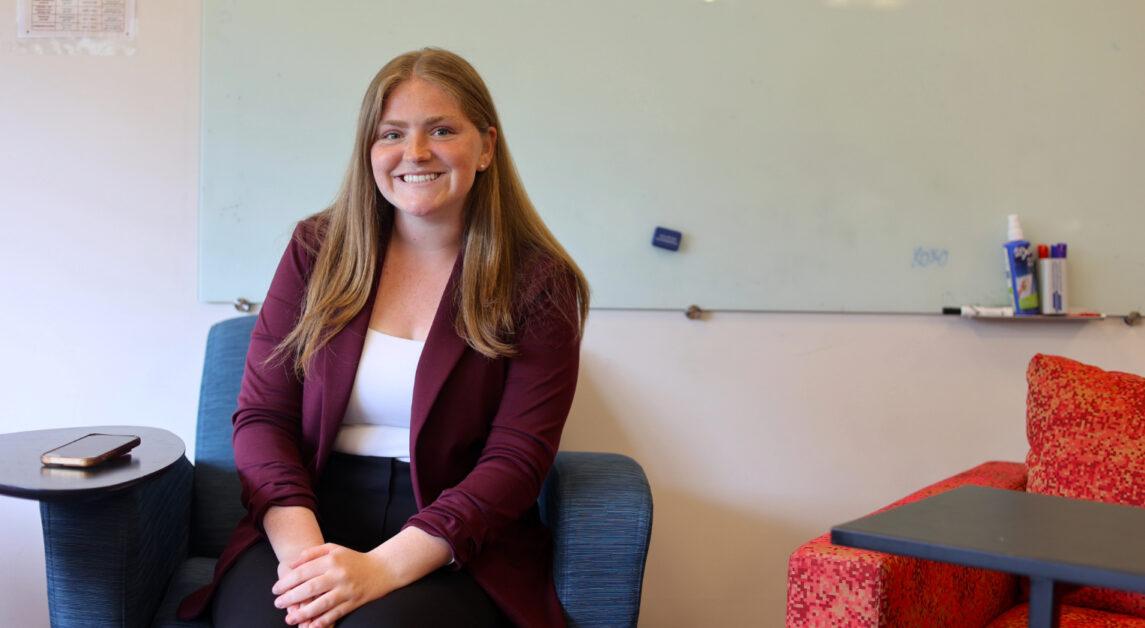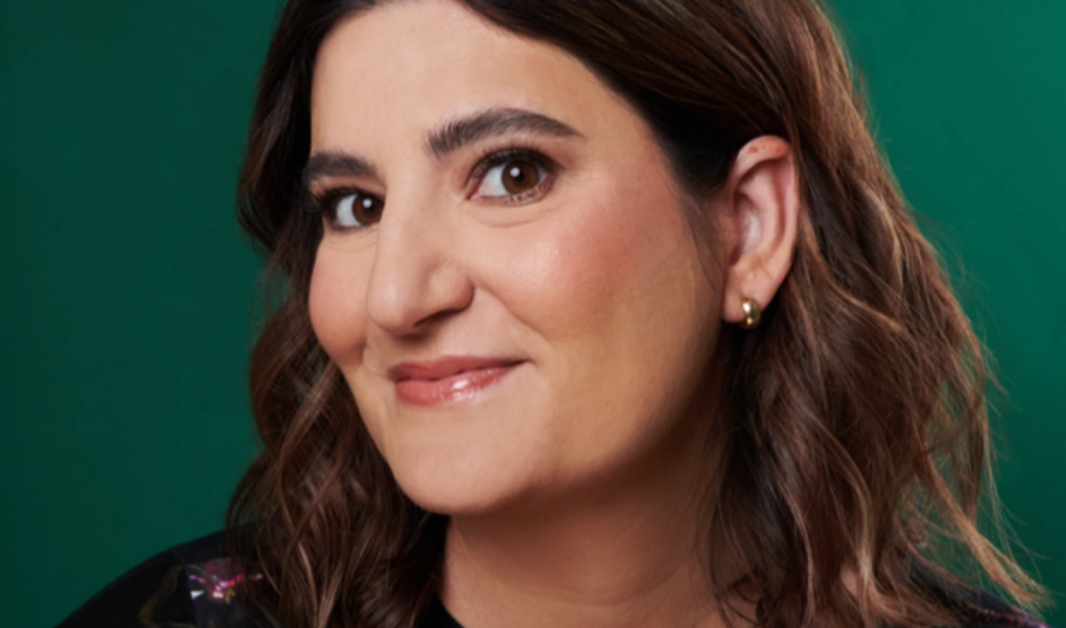Zarah Lakhani said her college experience changed dramatically after being diagnosed with lymphoma halfway through her freshman year.
“When I got diagnosed … I got a call,” Lakhani, LSEHD ’24, said. “My dad [was] with me, and then I talked to my dad, and then like an hour later, I just went to class like right after I found out I got diagnosed. So, I was like 100 percent in shock and had no idea [what] was going on.”
After receiving her diagnosis, Lakhani traveled back home to Dallas, Texas to begin chemotherapy. She said she felt unprepared for it, which resulted in a rough start to treatment. Due to the difficult beginning, she said she was grateful to hear advice from another cancer patient who told her about different care products to ease chemo side effects, such as nausea or dry mouth.
“The thing with chemo is like, you can read all the side effects, you can read that like you’re going to have a metallic taste in your mouth, or you can read that you’ll lose your eyelashes,” Lakhani said. “But until someone else experiences it you never fully understand the scope of the problem or the scope of how the other person feels.”
Throughout her treatment, Lakhani said she came across many products that mitigated her side effects and that she wished she had known about them earlier.
Inspired by how helpful those products were, Lakhani founded Care for Chemo, a nonprofit that crafts boxes of personal care products for chemo patients to ease the discomfort of treatment. Box contents listed on its website include Jolly Ranchers to alleviate nausea, blankets for chills, baby shampoo for scalp irritation, and other products
Lakhani said the idea for Care for Chemo came while she was in Dallas for treatment. During her fifth and sixth rounds of chemo, she began making boxes of products that helped alleviate her post-treatment symptoms and handed them out at her doctor’s office.
“I got just a bunch of like responses back from patients, and they were like, ‘Oh my god, we use everything in your box,’” she said. “And I was like, ‘Okay, so maybe it is actually being used.’ So, I went on to start that. I started delivering like one or two every week.”
Lakhani initially covered the 75 to 80 dollars it costs to make a box with her own money. Sometimes, this meant she was only able to make and deliver about five boxes per week. This summer, though, she began to receive more funding from individual donations and from fundraising events in Dallas and New York in partnership with Kendra Scott among others.
Care for Chemo conducts fundraising events, as it does not accept donations of items, Lakhani said. Instead, it prefers to buy new items for the boxes to ensure they are free of germs that might be harmful to those with weakened immune systems.
According to Care for Chemo board member and family member Honeyfa Rehman, Lakhani personally researched products and called companies to get discounts on products and ask for donations.
“[Lakhani] would … stay on [the] phone for hours hoping to speak to a person in authority,” Rehman said.
When the organization first began, Lakhani said she was the only team member—with the occasional help from family members—and she personally went to deliver boxes to chemo centers in hospitals around the Dallas area. Now, with the help of monetary donations and volunteers who package and deliver boxes, Care for Chemo has been able to expand its services to hospitals in the New York area, she said.
This fall, Lakhani returned to Boston College and worked to get boxes delivered to local hospitals including Newton-Wellesley Hospital and Mass General Cancer Center, she said. Currently, Lakhani said Care for Chemo is also pending approval for official 501(c)(3) status.
In addition to packaging and delivering boxes, Lakhani said volunteers can help at fundraising events or donate to buy supplies for boxes. If someone wants to sponsor a box to go to a specific patient, they can fill out a form on the organization’s website and donate the necessary amount to cover the cost, she said.
Though she enjoys seeing how her efforts have impacted others going through chemotherapy, Lakhani said she likes to stay behind the scenes in an effort to be mindful of how patients may feel.
“It’s been amazing,” Lakhani said. “I try not to meet them too much, though, because I don’t want people feeling as if they are a charity case or something like that.”
While Lakhani came up with the initial idea for Care for Chemo, she said she has not been without help. Her parents have been a great source of advice and support since she had no previous experience with nonprofits, she said. She also credits her tech-savvy 18-year-old brother for helping her with graphic design, such as creating the nonprofit’s logo and managing the website.
Care for Chemo has a two-person board of directors, an intern, and volunteers who help package and distribute boxes. One of her board members is Rehman, who has previous nonprofit experience. Rehman said she was closely involved from day one—even before Lakhani had decided what she would name the company.
In all aspects of Care for Chemo, Rehman said Lakhani is friendly, outgoing, and detail-oriented and has served as an inspiration for her.
“One thing she would always say [is] ‘Don’t worry. I can do it. I got this,’” Rehman said. “I would have tears in my eyes. Half my age and look how strong she is.”
Lakhani describes herself as a goal- and achievement-oriented person, but since her cancer diagnosis and the adjustment of returning to BC this fall, she has changed her mindset about both the day to day and the future.
Although she was excited to return to BC after being at home for 10 months, Lakhani also said she faced a fair number of challenges.
“I guess I didn’t recognize how many memories I had with Boston College and campus and the small things that like, for example going to the Rat would freak me out,” Lakhani said. “I had to like take a step back and really [think], ‘Okay, am I taking care of myself?’”
Lakhani also described the challenge of managing her time as a busy college student balancing classes, friends, extracurriculars, and running a non-profit.
“Something that I’ve … come to realize in like the first couple of weeks [since] I came back after the summer, I was doing too much at once,” Lakhani said. “It’s like building in time for myself every week, whether that’s like a Res walk or whether that’s like literally forcing myself and being like, ‘Okay, I know you have free time, and I know you want to see all these friends … but no, you’ll have to sit on your own journaling.’”
Lakhani is double majoring in applied psychology and transformative education. Since starting her time at BC, she said she wanted to work in some type of educational administration. Her work with Care for Chemo has inspired her to look for more managerial experiences, she said, so this year she added a minor in management and leadership.
Creating Care for Chemo also helped her change her mindset and allowed her to get a bigger picture view of herself, rather than just focusing on her diagnosis.
“When I was diagnosed I lost a lot of trust for both myself and my body because I was just like, ‘Whoa, like how did my body turn on me like that?’” Lakhani said. “And I was like, ‘Okay, this happened, and this sucks. And this is literally the worst. But how can I help others now that I know about it?’”
For anyone enduring a difficult situation, whether it relates to health, family, or academics, Lakhani suggests taking everything one day at a time. For those looking to also start their own nonprofits, Lakhani said she welcomes anyone who wants to reach out to her. She encourages them to do their research and know what they are getting into, but also to just go for it.
“I think the world could always use more nonprofits,” she said. “The world could always use people giving back. The world could always use love because there is so much ugliness and bad in the world already that people will benefit from you.”

